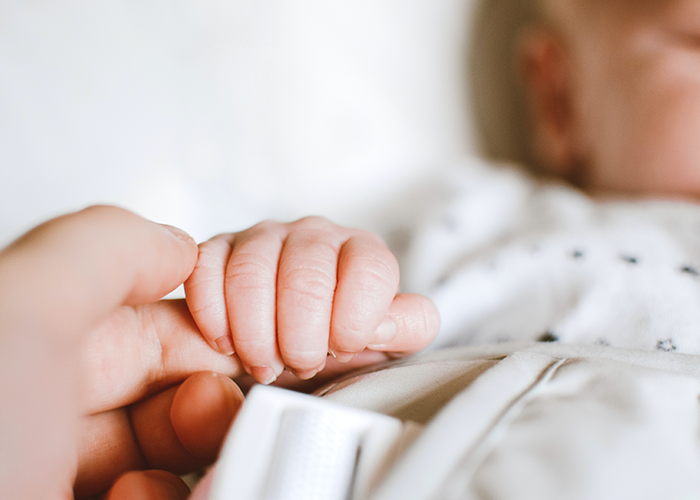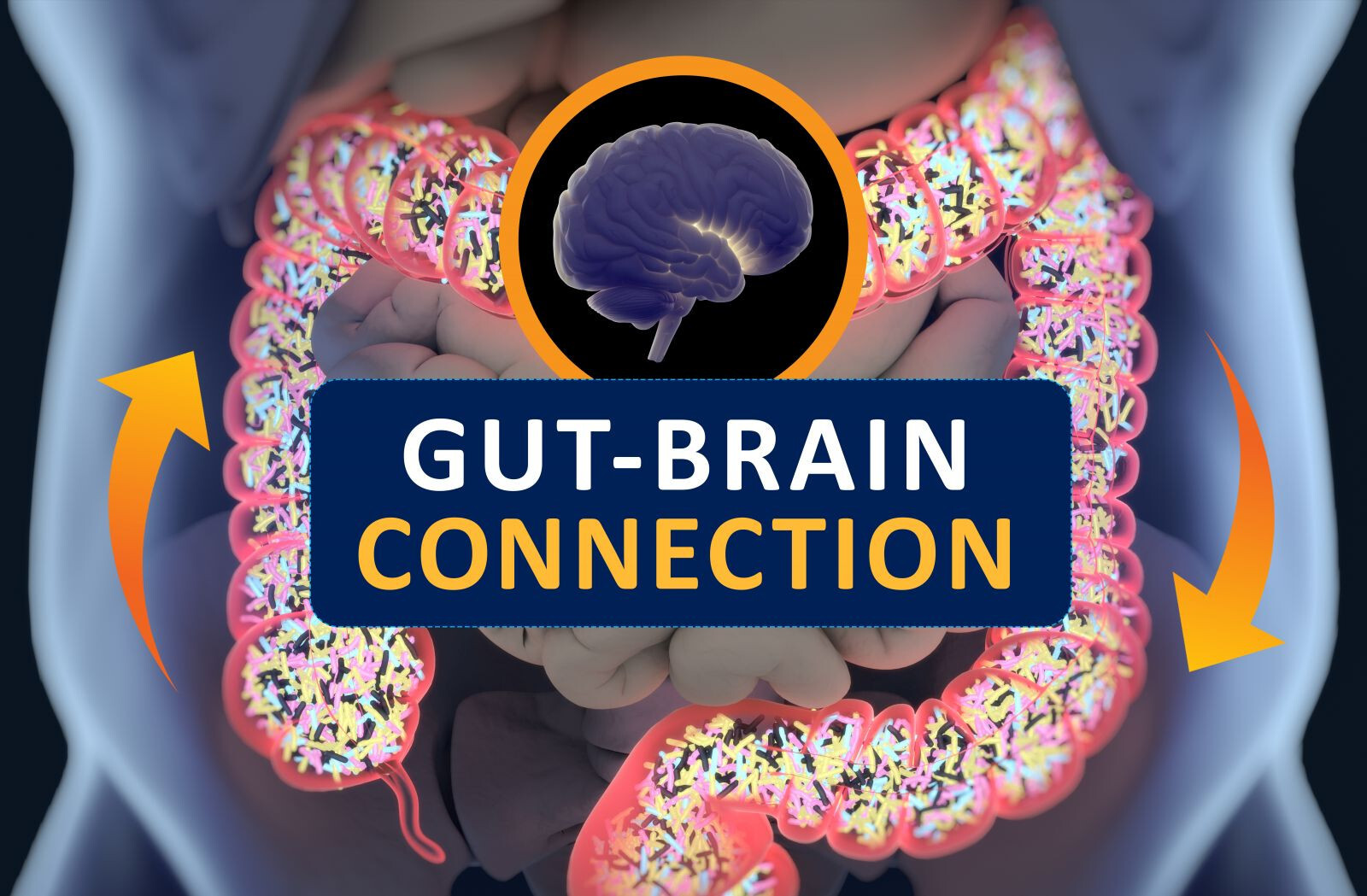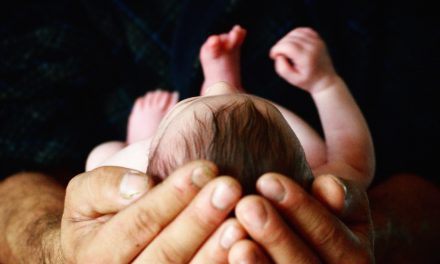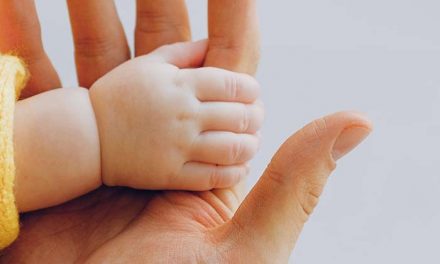Many newborns acquire jaundice within a few days of birth. Neonatal jaundice is the medical name for jaundice in infants. It is a disease in which the skin and whites of the eyes turn yellowish. It occurs mainly in preterm babies and some breastfed ones.
However, mild jaundice affects around half of all babies within the first few days. Jaundice in premature babies might begin early and remain longer than it does in full-term babies. The primary reason behind this is that a baby’s liver isn’t developed enough to get rid of bilirubin in the bloodstream.
There are many complications related to jaundice which we’ve covered in this blog. So, continue reading.
Symptoms Of Jaundice In Newborns
The primary symptom of jaundice in newborns is yellowing of the skin and whites of the eyes.
Other signs and symptoms of newborn jaundice are:
- Dark, yellow urine (normally, a newborn baby’s pee should be colorless)
- Yellowing of the palms of the hands or soles of the feet
- Light color feces (normally, it should be yellow or orange)
Newborn jaundice symptoms usually appear 2 to 3 days after birth. And they improve without treatment by the time the baby is about two weeks old.
How To Check It?
Gently touch your baby’s forehead or nose to check for infant jaundice. Your kid most likely has mild jaundice if the skin you pushed appears yellow. If not, the skin color should appear slightly lighter than usual for a brief period. Also, try observing your baby in bright light, preferably natural daylight.
Causes Of Jaundice In Newborns
- The accumulation of excess bilirubin (Hyperbilirubinemia) in the blood causes jaundice. Red blood cells that carry oxygen throughout the body break down and form bilirubin (yellow pigment of red blood cells).
- Furthermore, the liver of a newborn baby lacks maturity. So, it is less effective at eliminating bilirubin from the blood. By the time the child is about two weeks old, it is more effective at processing bilirubin. Hence, jaundice usually clears itself by this age without causing major harm.
- Jaundice can be a symptom of an underlying health problem in a tiny percentage of cases. Especially if it appears soon after birth, which is frequently the case (within the first 24 hours).
Some Other Reasons
- Internal hemorrhage
- A blood infection in your newborn (Sepsis)
- Other bacterial or viral illnesses
- A liver malfunction
- An incompatibility between the mother’s blood and the baby’s blood
- Biliary Atresia – A disorder in which the bile ducts of an infant are damaged
- An enzyme deficit
- Your baby’s red blood cells have a defect that causes them to break down quickly
Prevention Of Jaundice In Newborns
There is no prevention technique available as such. However, appropriate feeding is the most effective way to prevent baby jaundice. Breastfed newborns should have eight to twelve feedings per day for the first few days of life. For the first week, formula-fed newborns should have 1 to 2 tablespoons of formula every two to three hours. This will consequently help prevent the child from contracting the disease to some extent.
Related Complications Of Jaundice In Newborns
There’s a chance that a newborn with really high bilirubin levels will suffer lasting brain damage if they are not cured. Kernicterus is a medical term for this type of condition. Brain damage, cerebral palsy, and deafness can occur if bilirubin (yellow pigment of red blood cells) levels get exceedingly high.
Also, checkout colic in babies.
Risk Factors Associated With Jaundice In Newborns
- Premature babies may have fewer bowel movements and hence feed less. It results in less excretion of bilirubin in the stool.
- Newborns that encounter injuries after delivery may have greater bilirubin levels because of the breakdown of more red blood cells.
- Next is the case of difference in the mother’s blood type and that of her infant. In this case, the baby might get exposed to antibodies through the placenta, resulting in abnormally rapid red blood cell destruction.
- Jaundice is prevalent among breastfed babies, especially those who have trouble sucking or getting adequate nourishment from breastfeeding.
- Dehydration or a low-calorie intake triggers jaundice. Professionals recommend breastfeeding due to the benefits it provides. It’s essential to keep your child properly hydrated and ensure that they get enough food.
Possible Treatment Of Jaundice In Newborns
To reduce your baby’s bilirubin levels quickly, two basic therapies are there:
- Phototherapy – A special type of shining light is put on the skin. And it changes the bilirubin into a form that is easier for the liver to break down.
- Exchange Transfusion – Thin tubes remove blood placed in vessels and replace it with blood from a matching donor. Most babies respond well to this treatment and therefore, can leave the hospital within a few days.






